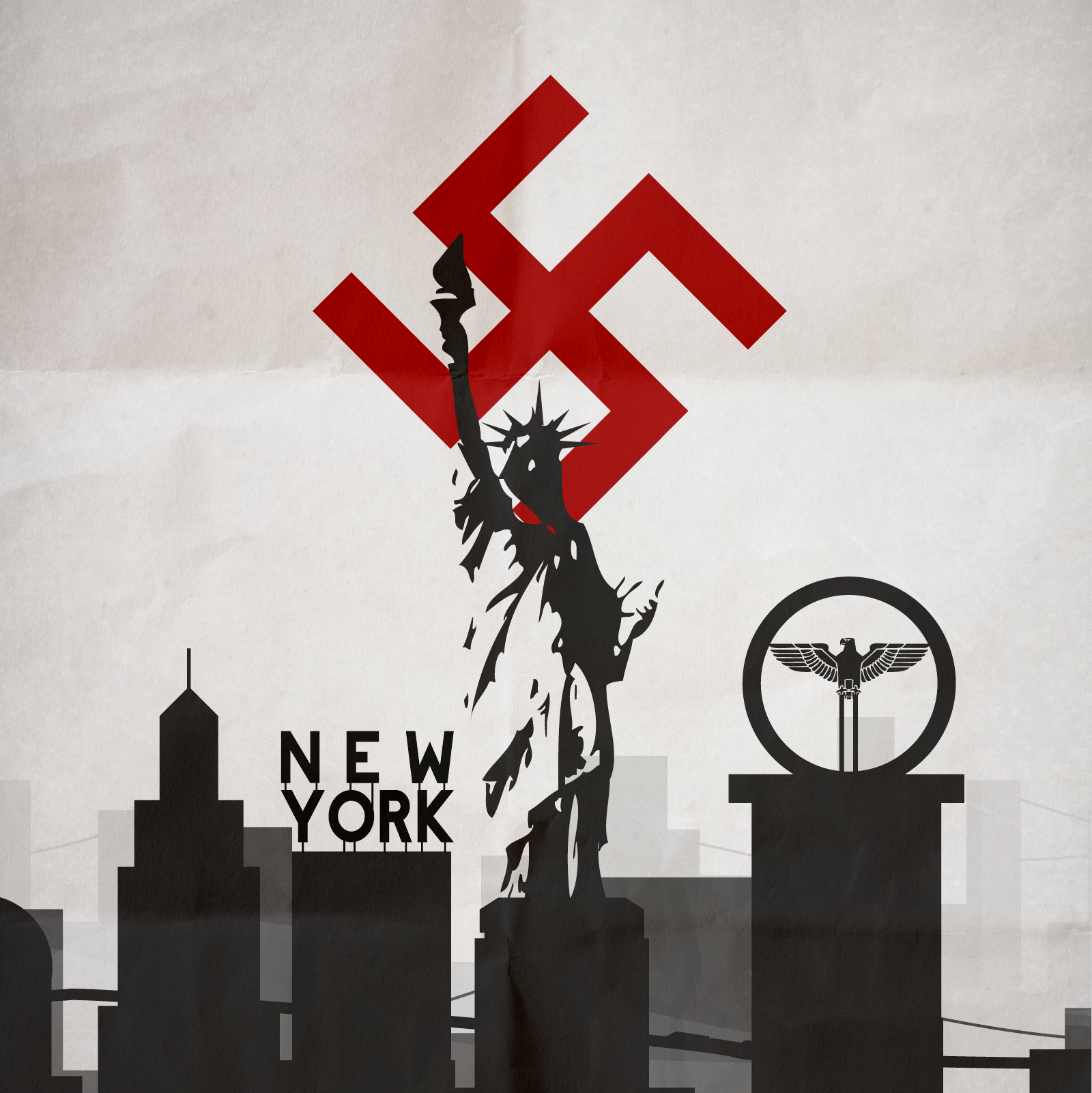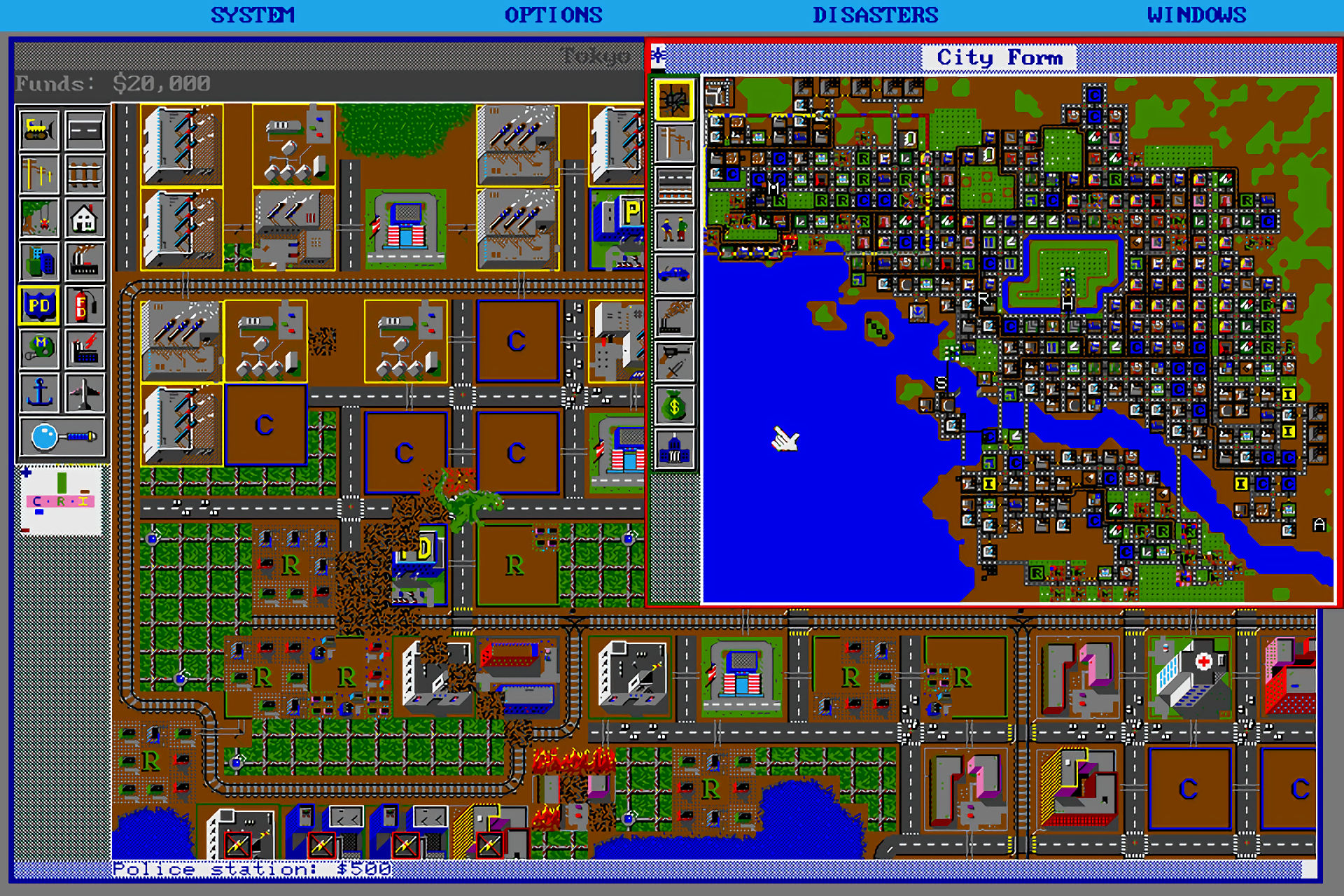I’ve always been a fan of alternative history settings. I think that stems from playing Red Alert back in the day. In Red Alert, Einstein invents a time machine and goes back in time to kill Hitler setting the world on a path to war between the Soviets and the Allies. I was inspired to read Philip K. Dick’s The Man in the High Castle after watching the series on Amazon Prime. A slow burner but towards the end I was in ‘just one more episode’ territory.
The Man in the High Castle asks the question, “what if the Axis won World War II?” In a nutshell:
“In the novel’s parallel history, U.S. President Franklin Roosevelt was assassinated in 1933, leading to the continuation of the Great Depression and U.S. isolationism. Thus, the U.S.’s military capability was insufficient in aiding the other Allied forces during World War II, allowing the Nazis to conquer and exterminate the Soviet Union’s Slavic peoples, and the Japanese to destroy the U.S. Navy fleet, in the Attack on Pearl Harbor, before conquering Oceania. By 1947, the U.S. and the remaining Allies surrendered to the Axis powers. By the 1960s, Imperial Japan and Nazi Germany became the world’s competing superpowers, with Japan establishing the occupied “Pacific States of America” (P.S.A.) from the former Western United States, while the remaining Rocky Mountain States have become a neutral buffer zone between the P.S.A. and the former Eastern United States, which is now a puppet state of Nazi Germany.”
From Wikipedia.
A very interest premise, and right up my street. I’ve been aware of Philip K. Dick for a lot of years; Minority Report, Do Androids Dream of Electric Sheep? (Blade Runner). I have always turned to science fiction as my preferred reading genre, but I’d never tackled Dick (oo-er!) until now.
The Man in the High Castle is a laborious, difficult read. The setting is excellent, and I expected so much more, but reaching and passing the half way point in the book and still feeling uninspired and ‘unentertained’, I started to ask myself, why do I bother? Why do I think to myself: I’ve started so I’ll finish?
I’m not going to finish it! I said at the start of the year that I wanted to read one new book every month and this was the first book. Be mindful that if you set yourself a task you need to be fluid and flexible enough to change the goals if it isn’t working for you.
The Man in the High Castle is such a thing. It’s not working for me, so it’s time to move on.



